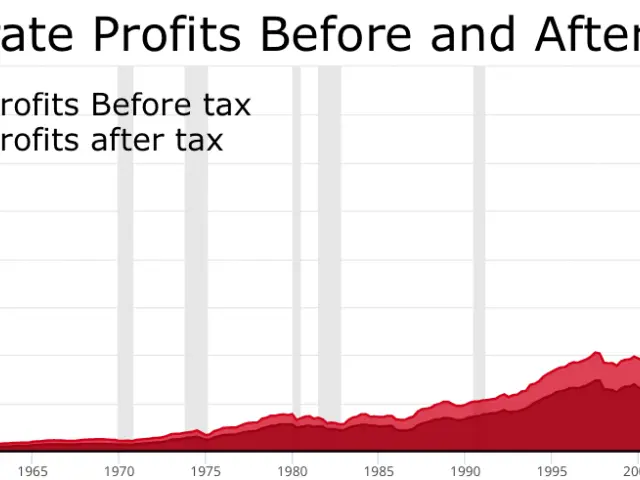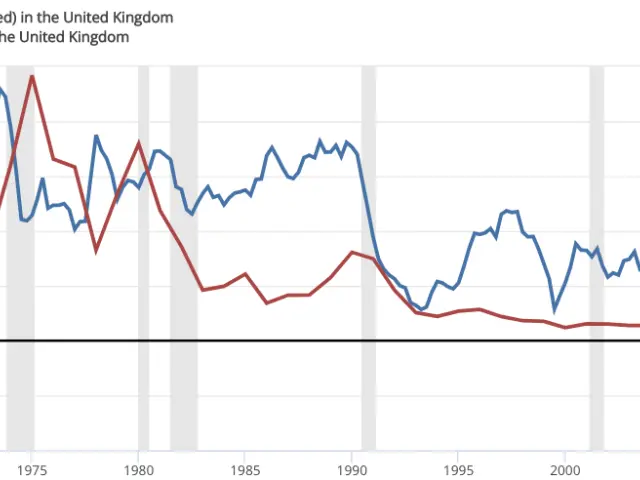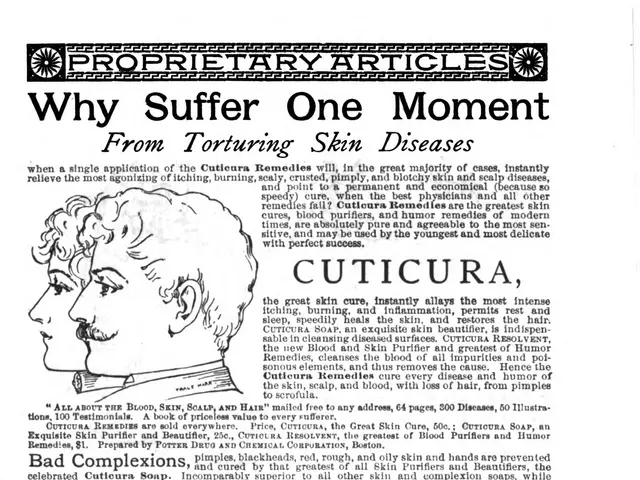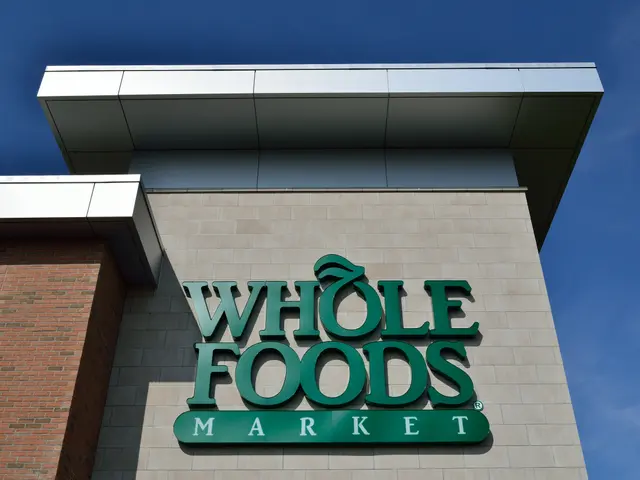Should Costco be Bought, Sold, or Held in the Year 2025?
Rewritten Article:
Title: Exploring Costco Stock in 2025: Valuations and Investment Advice
In these economically demanding times, investors often seek robust companies that thrive amidst challenges. Enter Costco Wholesale (COST 1.49%), a resilient powerhouse with a devoted clientele of budget-conscious shoppers.
Costco's latest earnings report has shed light on its financial health, and we're diving in to analyze the figures, dividend history, and valuation to help you decide whether this stock is a buy, sell, or hold in 2025.
Memberships and Sales Soar
Costco's Q2 2025 figures were quite impressive, with a total revenue of $62.5 billion and $1.8 billion in net income, marking a 9.1% and 2.6% increase year-over-year, respectively. At the end of the quarter, the company had a staggering 78.4 million paid household members, up 6.8%, and 140.6 million cardholders, up 6.6% compared to the previous year. These numbers were bolstered by a membership fee hike in September 2024, raising costs for Gold Star and Business accounts in the U.S. and Canada to $65 annually and for Executive Memberships to $130. Costco attributed roughly 3% of its membership fee revenue to the fee increase and anticipates the full impact within the next four fiscal quarters.
COST Revenue (TTM) data by YCharts
Costco: A Steady Dividend Paymaster
Thanks to its consistent revenue and net income growth, Costco has become a trusted dividend-paying stock, even though its annual dividend yield of 0.5% might not excite income-seeking investors. Despite this, the company has boosted its dividend for 20 straight years, and given its track record, it's likely its Board of Directors will announce a dividend increase to its current quarterly distribution of $1.16 per share in April.
What's more, Costco boasts a rich history of special cash dividends, with five doled out in the past 13 years. Notably, the last one was handed out in January 2024, amounting to $15 per share. Costco can comfortably afford these dividends, thanks to its modest payout ratio of 20.3%, ensuring it's nowhere near the 75% level at which companies often risk cutting or halting dividends.
Costco also has a wallet-pleasing balance sheet, with $7.4 billion in net cash on hand. Unlike many competitors burdened by mountainous debts, Costco earns interest instead of paying it.
With these factors in mind, it's a safe bet to say that Costco will continue to dish out dividend increases and special distributions for years to come.
COST Net Financial Debt (Quarterly) data by YCharts
Costco's Expensive Valuation
Once upon a time, the late investing legend Charlie Munger, who served as Berkshire Hathaway's vice chairman and was a longtime member of Costco's board, deemed Costco a "perfect" company, with one glaring flaw – its high valuation. Based on the price-to-earnings (P/E) ratio used to examine mature companies, Costco trades at an eye-popping 52.1 times its trailing earnings.
To put Costco's valuation into perspective, consider its competitors. Target and Walmart sport P/E ratios of 11.8 and 35.1, respectively. Keep in mind that Costco's cash reserves stand at an impressive $7.4 billion, while Target and Walmart carry debts of $11.2 billion and $30 billion, respectively.
Over the past year, Costco has extended its retail footprint to 897 warehouses globally, with 69% located in the U.S. Management is planning to add 25 to 30 new warehouses each year, with roughly half in international markets, including Canada, Mexico, Asia, and Europe.
COST PE Ratio data by YCharts
What's the Verdict on Costco Stock in 2025?
Costco's high valuation is tough to swallow, but that shouldn't deter investors, especially in tumultuous times when the discount retailer reigns supreme. As Costco's CEO, Ron Vachris, recently claimed, "When uncertainty prevails, our members historically place even greater emphasis on the value of high-quality items at affordable prices. And our team is prepared to rise to the challenge by leveraging our global buying power, robust relationships with suppliers, and innovation."
Costco's renewal rates remain rock-solid, with U.S. and Canadian members holding memberships at a steady 93% and a worldwide rate of 90.5%. Given the company's solid fundamentals and dividend policy, Costco remains an appealing option for long-term investors, despite the stock's steep price tag.
- Investing in Costco Wholesale, a robust company with a devoted clientele, might be an optimal choice despite its expensive valuation, given its steady financial health and dividend policy.
- Costco's Q2 2025 financials show a revenue increase of 9.1% year-over-year and a net income rise of 2.6%, bolstered by a membership fee hike in September 2024.
- Costco's consistent revenue growth has made it a trusted dividend-paying stock, with a 20.3% payout ratio ensuring it can afford dividend increases and special distributions.
- In 2025, Costco stock could be a hold, sell, or buy based on its valuation and individual investment strategies, but its long-term appeal persists, particularly in challenging economic times.







